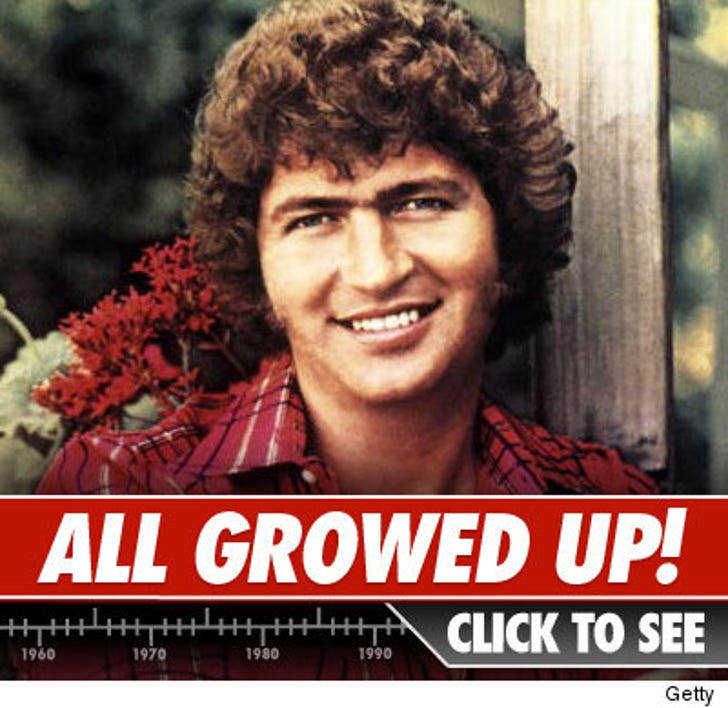
He loved the song, was convinced about its message and felt strongly about the image it conveyed.Ĭonsequently, it took Presley 23 takes to get the song to where he felt it should be vocally. However, Elvis typically avoided recording songs with political messages reported the blog.

20, 1969, reported the Elvis History Blog.
#Mac davis music youtube mac#
It was a dirt street ghetto where he lived.” Elvis Presley’s memorable delivery of the tune led Davis to wish he had recorded one part differently Mac Davis | Kevin Winter/Getty Images “We didn’t have a lot of money, but we didn’t have broken bottles every six inches. But he lived in a part of town, and I couldn’t figure out why they had to live where they lived, and we got to live where we lived,” Davis shared. I remember him being one of my best buddies. “I grew up with a little kid whose daddy worked with my daddy, and he was a black kid. They were stuck there, and everybody took off to the suburbs,” he explained. The word “ghetto” was just becoming popular to describe the parts of urban areas where poor people were living and couldn’t get out. ‘ Elvis Presley | Michael Ochs Archives/Getty Images What inspired Mac Davis to write ‘In the Ghetto’?Īccording to The Tennessean, Davis was inspired to write the heartbreaking tune in his 20s. However, while he was more than pleased with the recorded version of the tune, there was one part of the dynamic song Davis wished The King of Rock and Roll would have sung differently. 3 and spend five weeks in the upper levels of the Top 10. ISBN 0-89820-142-X.One of Elvis Presley‘s most powerful songs was 1969’s “In the Ghetto.” Written by the late Mac Davis, the song was the first of Presley’s to reach the top 10 in over four years. Menomonee Falls, Wisconsin: Record Research Inc. ^ "Billboard Year-End Charts 1972" (PDF).^ "CASH BOX Top 100 Singles, November 11, 1972".^ a b "'I Believe in Music' by Mac Davis"."Special interview with Mac Davis, legendary songwriter & artist who’s written many hits, from Elvis Presley and Kenny Rogers, to Bruno Mars". ^ "Gallery – Nice to be with You (1972, Sonic Pressing, Vinyl)".^ a b c Joel Whitburn's Bubbling Under the Billboard Hot 100 1959-2004.According to him, the line "Lift your voices to the sky, God loves you when you sing" was inspired by a piece of folk art he had seen that said, "God respects you when you work, but He loves you when you sing". I closed every show with it.ĭavis said he kept and framed the piece of paper from the hotel room where he completed the song.

Years later, "I Believe In Music" became my signature song. I had the hook before I left there … (he sings) "I believe in music, I believe in love". I saw one of Maurice Gibb’s guitars sitting on a stand, and I picked it up and started strumming it.

I looked around … it was like a God-shot. Then someone asked, "Don’t you believe in the occult?" I said, "No man, I believe in music." And the second I said it, I just went … "I believe in music". And I said, "No man, I don’t think so." (laughs). They asked me if I would like to join them. I went to the kitchen and fixed myself a drink at the party, and there were a bunch of hippie types and they were gonna have a séance. In a 2017 interview, Davis said the song was inspired while he was in England at the home of Lulu and Maurice Gibb, who were married at that time: Davis said the line about lifting voices to the sky "epitomized the whole song. It later became his signature song and an iconic anthem of the early '70s. His effort achieved #25 on the Adult Contemporary chart. Mac Davis's original had been released as a single nearly two years earlier and made a minor dent in the pop charts (US #117). Gallery's version reached #22 on the US Billboard Hot 100 and #13 on the US Cash Box Top 100.

Gallery covered it in 1972 as the second of three singles off their Nice to Be with You album and the follow-up release to their title track. " I Believe in Music" is a 1970 song written and recorded by Mac Davis and later included on his second album I Believe in Music.


 0 kommentar(er)
0 kommentar(er)
